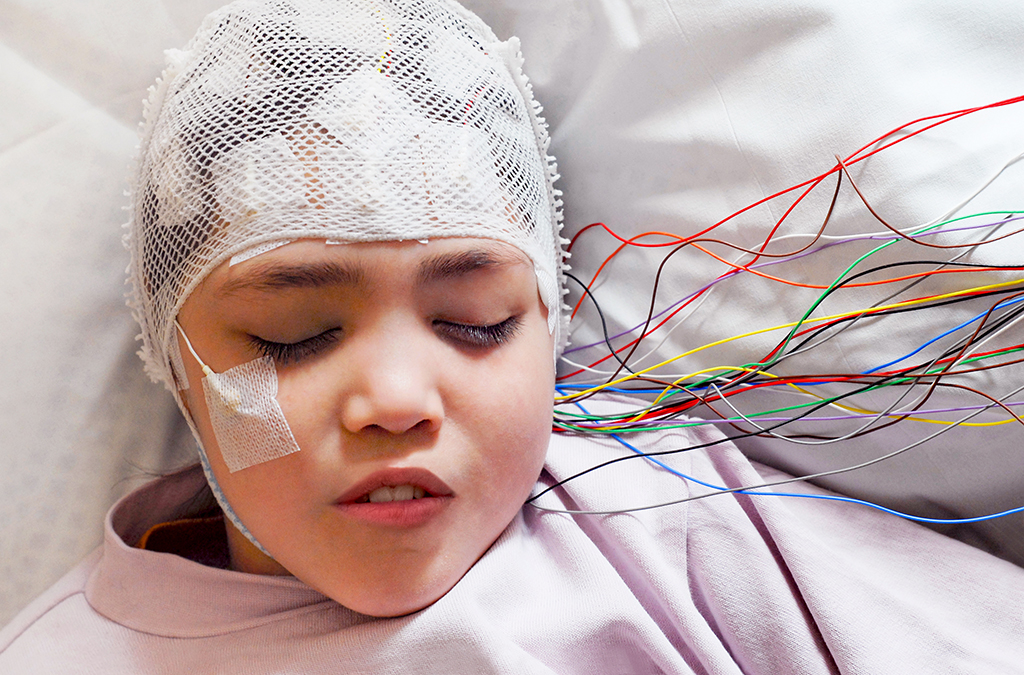
Rufinamide is a new adjunctive therapy in the treatment of seizures associated with Lennox-Gastaut syndrome (LGS). LGS is a severe form of epilepsy that presents with multiple types of seizures and is often refractory to treatment. A double-blind, randomised, placebo-controlled trial conducted in patients with LGS demonstrated a 42.5% reduction in tonic-atonic seizures in the rufinamide-treated group compared to a 1.4% increase in the placebo group. A number of other clinical trials demonstrate favourable efficacy in reducing the frequency and severity of various seizure types.
The most commonly reported adverse effects include headache, dizziness, fatigue, and somnolence. Some clinical studies have reported status epilepticus occurring in rufinamide-treated patients but not in the placebo groups. While status epilepticus is reasonably common in a population with refractory epilepsy, rufinamide therapy should be reviewed if patients experience new or increasing frequency of seizures.
Rufinamide is not metabolised by cytochrome (CYP) P450 enzymes and does not inhibit their activity to any significant extent. It is a weak inducer of CYP3A4 and may reduce the plasma concentrations of CYP3A4 substrates. Significant increases in plasma rufinamide levels can occur when valproate is initiated while rufinamide levels may be reduced by phenytoin, phenobarbital, and primidone. The absorption of rufinamide is significantly affected by food. Bioavailability and peak plasma concentrations rise by 34% and 56% respectively when administered with meals. It is advised that doses are taken with food.
References:
- Clark PO, Gibson PA. Rufinamide in patients with Lennox-Gastaut syndrome. Nurs Res Reviews. 2016; 6: 51-9.
- Hsieh DT, Thiele EA. Efficacy and safety of rufinamide in pediatric epilepsy. Ther Adv Neurol Disord. 2013; 6(3): 189-98.
- Inovelon® (rufinamide) Australian approved product information. Melbourne: Eisai Australia. Approved June 2018.
Subscribe Knowledge Centre Updates
Enter your details to receive Knowledge Centre updates
